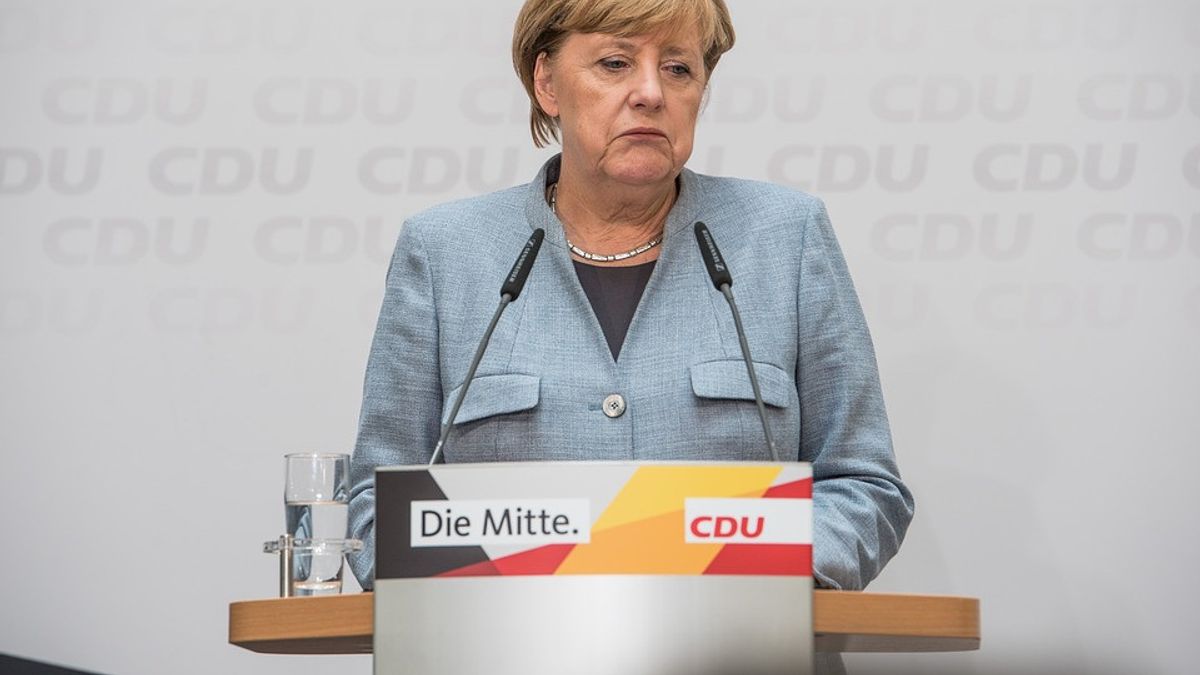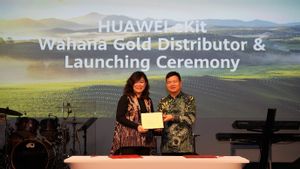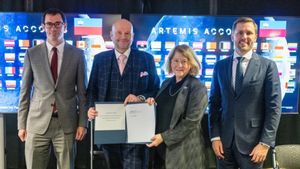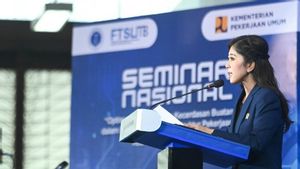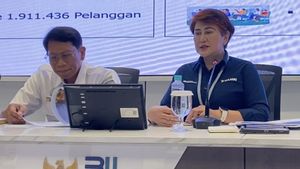JAKARTA – European countries must cooperate in the manufacture of the next generation of chips. This was stated by German Chancellor Angela Merkel, based on her 16 years experience in the highest office of the German government.
This statement comes from Merkel in her attempt to warn that no European country can be at the forefront of high-tech alone today.
The soon-to-be-replaced German chancellor told Reuters in an interview that the costs of moving to the next level in areas from chip development to the cloud and quantum computing and battery production suggest that the private sector will need state support to thrive.
Merkel herself did fundamental research in quantum chemistry in East Germany before entering politics, following German reunification in 1990. She points to the stimulus packages of Korea, Taiwan and US President Joe Biden as examples of what is possible.
"The state should play an important role. South Korea and Taiwan demonstrated that competitive chip production in the 3 or 2 nanometer range, for example, is basically impossible without state subsidies," he said.
"The current global economic struggle to restore supply chains cut by resource shortages and the coronavirus pandemic further highlights the need to ensure that Europe has its own production facilities in key areas," Merkel added.
He also lamented the failure of the German company to take advantage of the extraordinary research base.
In particular, he said he was "surprised" by German companies' lack of interest in quantum computing, even though Germany is a world leader in research in areas that can make computers faster and more powerful than ever before.
He said his government had made steps to boost German innovation and start-up culture, pointing to a German-led project to create a secure and efficient cloud data infrastructure for Europe, named Gaia-X.
"But in the long term, it is unlikely that a country will push for new developments," said the leader of the EU's longest-serving nation. Germany's broad and decentralized government structure can also be a barrier to innovation.
Merkel said the presence of ethics boards and data protection officers in each of the 16 states places a heavy burden on companies in the life sciences, for example, where Germany lags behind.
However, he also stated that Germany has leading-edge research in areas such as quantum physics, climate research, physics, chemistry and robotics.
"I'm quite happy when I can set the delayed start button on my washing machine, but beyond that, to be honest, I don't have the time or inclination to remotely control my entire house," she says.
"Maybe I will develop an interest when I have more time in the near future," said Merkel, who will step down from Chancellor later this year.
The English, Chinese, Japanese, Arabic, and French versions are automatically generated by the AI. So there may still be inaccuracies in translating, please always see Indonesian as our main language. (system supported by DigitalSiber.id)
